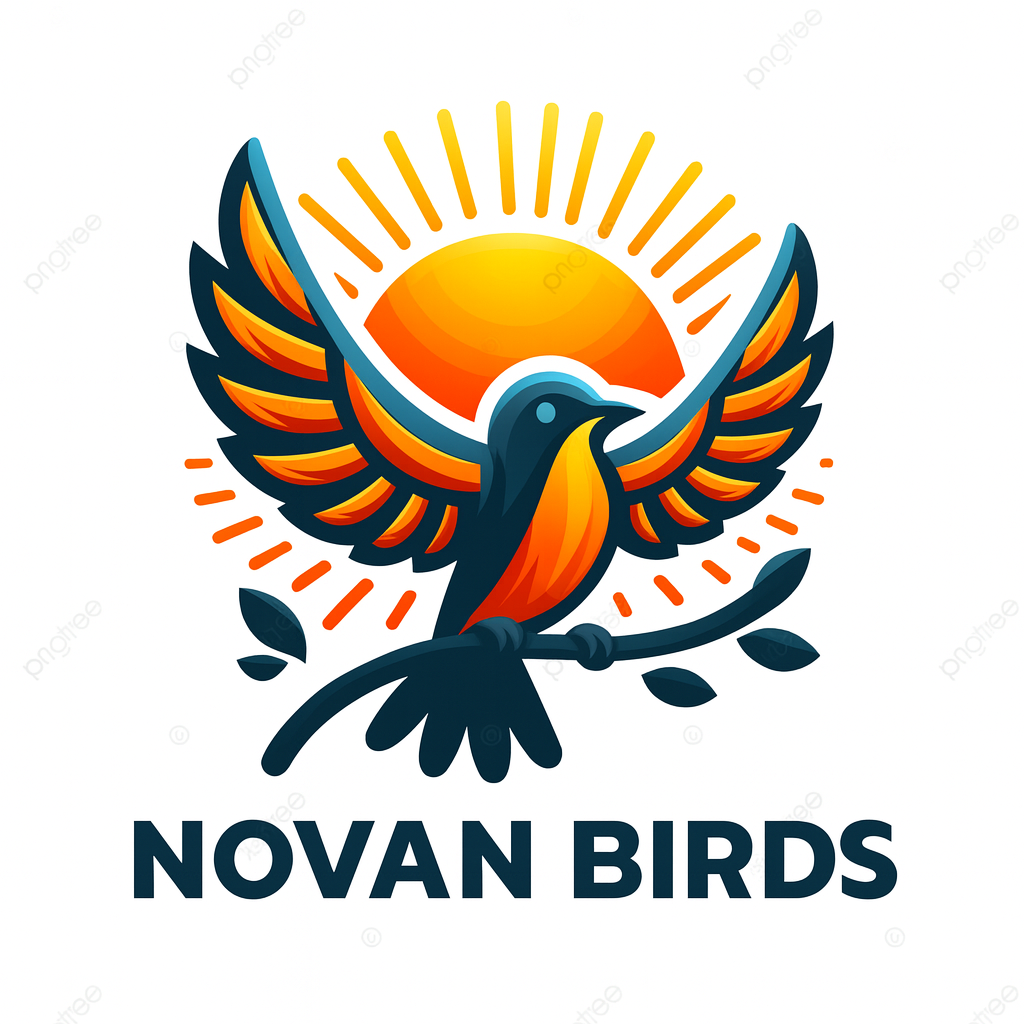Buy Blue black masked lovebirds for sale
Blue black masked lovebirds for sale, the Blue Masked Lovebird is a favorite color variety of the Masked Lovebird. Though easily bred in captivity, this attractive variation also occurs naturally in the wild.
Friendly and easy to care for, the Blue Masked Lovebird will make a delightful and enjoyable addition to any household. They are relatively hardy and are easy to breed, making them every bit as good a pet as the Peach-faced Lovebird. Some even suggest that they may be a bit calmer, though others say they are just as mischievous.
Typical of all the lovebirds, the Blue Masked Lovebird is very social and loves companionship. Their natural behavior is to live closely with a companion so are often kept with another lovebird. Though they make a very fine and affectionate pet when hand-raised, they will need a lot of attention if kept singly. Most are kept in pairs to satisfy their considerable need for constant companionship, mutual preening, and socialization.
Breeding/Reproduction of Blue black masked lovebirds for sale
The Blue Masked Lovebird is excellent for the beginning breeder. These birds will breed as either single pairs or in colonies and have the same behaviors as the Masked Lovebird. When you provide them with a nest box be sure to also provide lots of willow twigs, strips of bark, or other nesting materials.
The hen will lay three to four eggs which are incubated for about 21 to 23 days. The young fledge (leave the nest) in about 44 to 45 days. When they become independent, remove the young to their own housing.
Care and feeding
A roomy cage is required as lovebirds are very active. If you have a tame pet that is kept in a small cage, it needs to be let out for extended periods to fly about. Your pet will enjoy a variety of seeds, fruits, vegetables, and commercial pellets.
Social Behaviors
A lovebird is a very social bird with its companion, and it is generally thought to be essential for their good health and happiness that they are kept in pairs rather than singly. They can, however, be aggressive towards other birds in an aviary setting.
buy exotic birds for sale, buy finches for sale, birds for sale online, pet birds online, buy African grey for sale, buy exotic monkeys for sale, lilac crowned amazon for sale, buy bronze mannikin, buy counterfeit money for sale,buy counterfeit indian rupees for sale,counterfeit indian rupees for sale, fake indian rupees for sale, buy indian rupees online, buy adderall online, buy ambien zolpidem online, icals buy research chemic online, buy wood pellets for sale, buy scannable bills for sale, scannable counterfeit money for sale, buy undetectable counterfeit money, buy counterfeit money online, buy containers for sale, buy kittens for sale, buy roxicodone online, buy parrots for sale, k2 spices for sale, buy gbl for sale, buy pure gbl online, gbl for sale euro, buy synthetic cannabinoids online, buy k2 spice for sale, buy research chemicals online, buy cannabinoids for sale,









